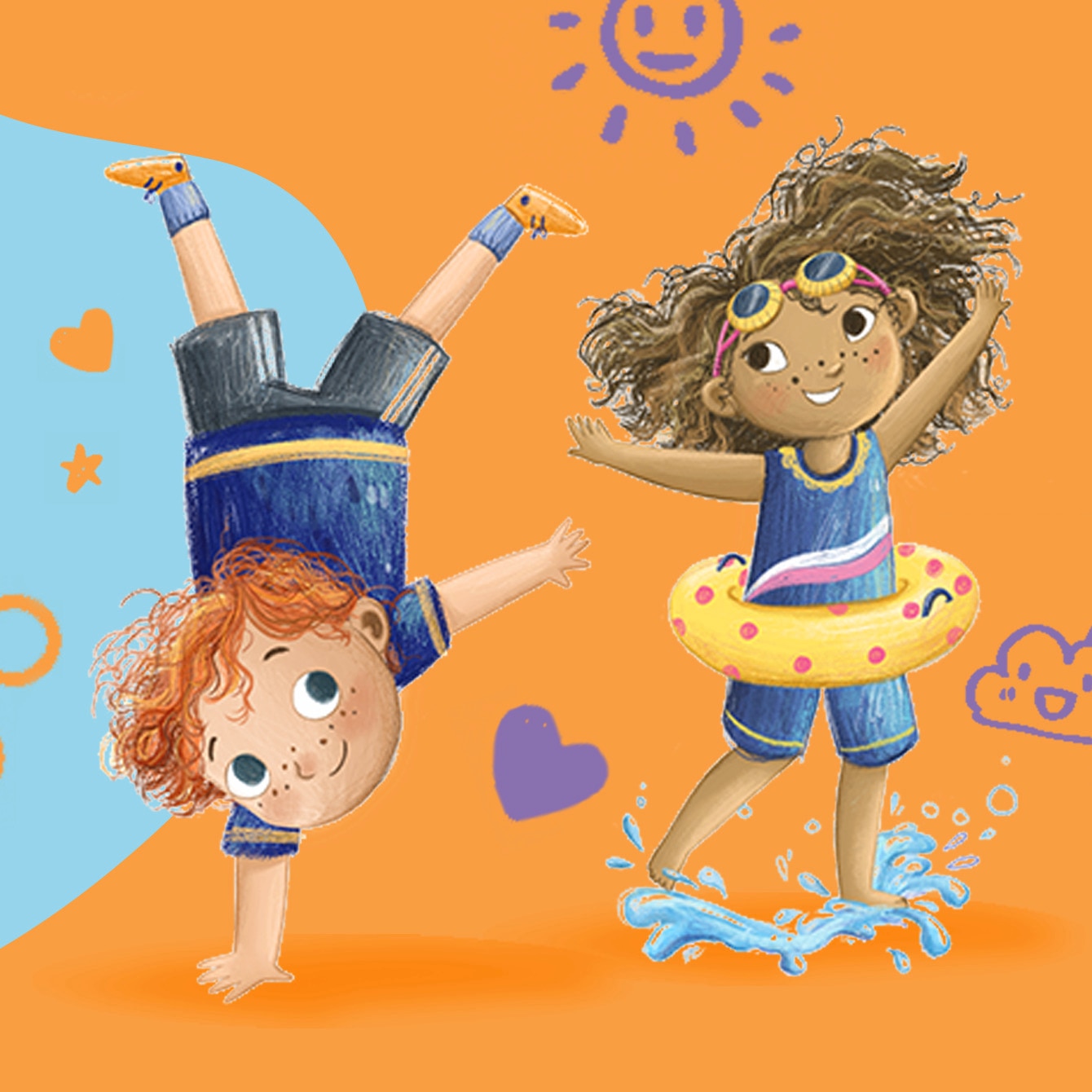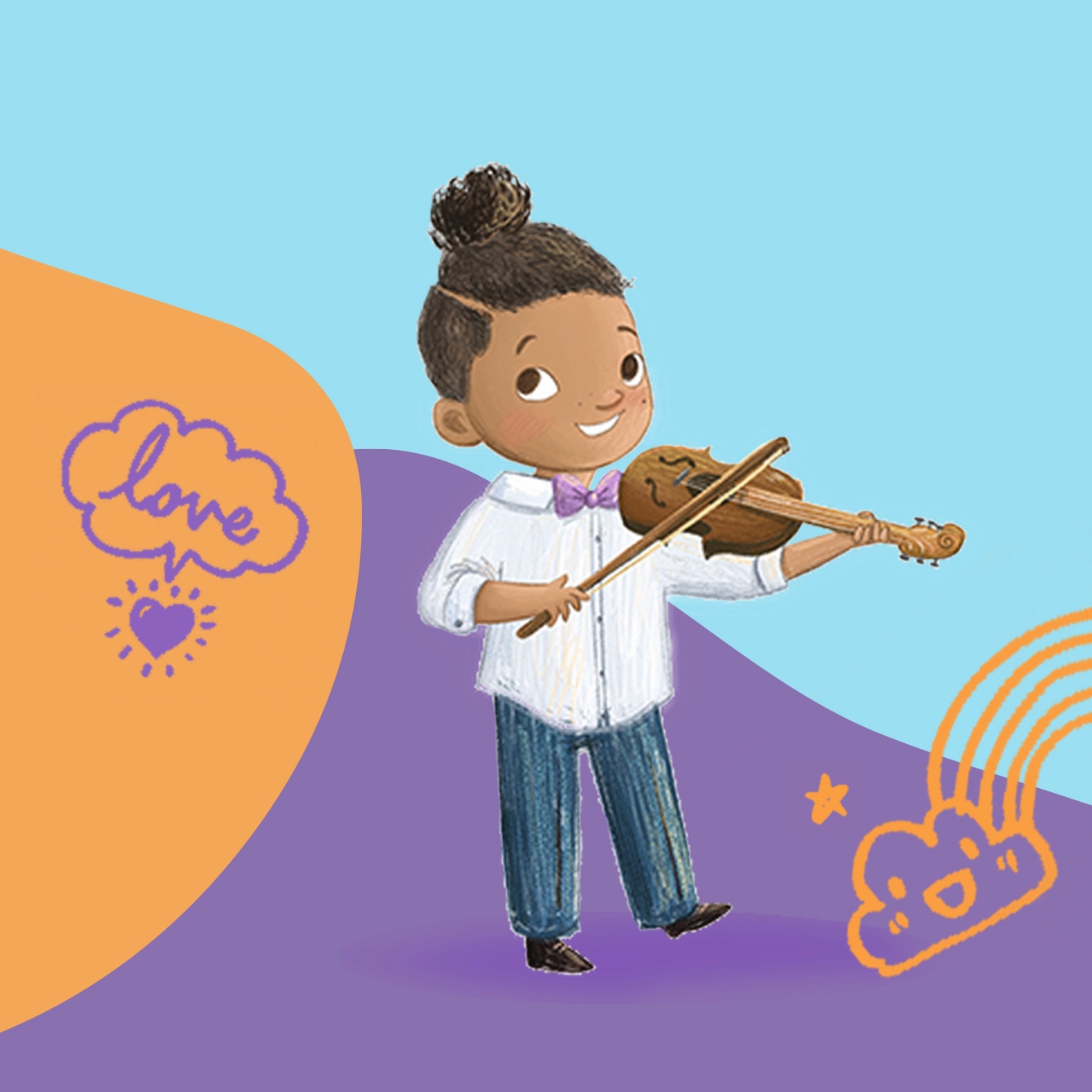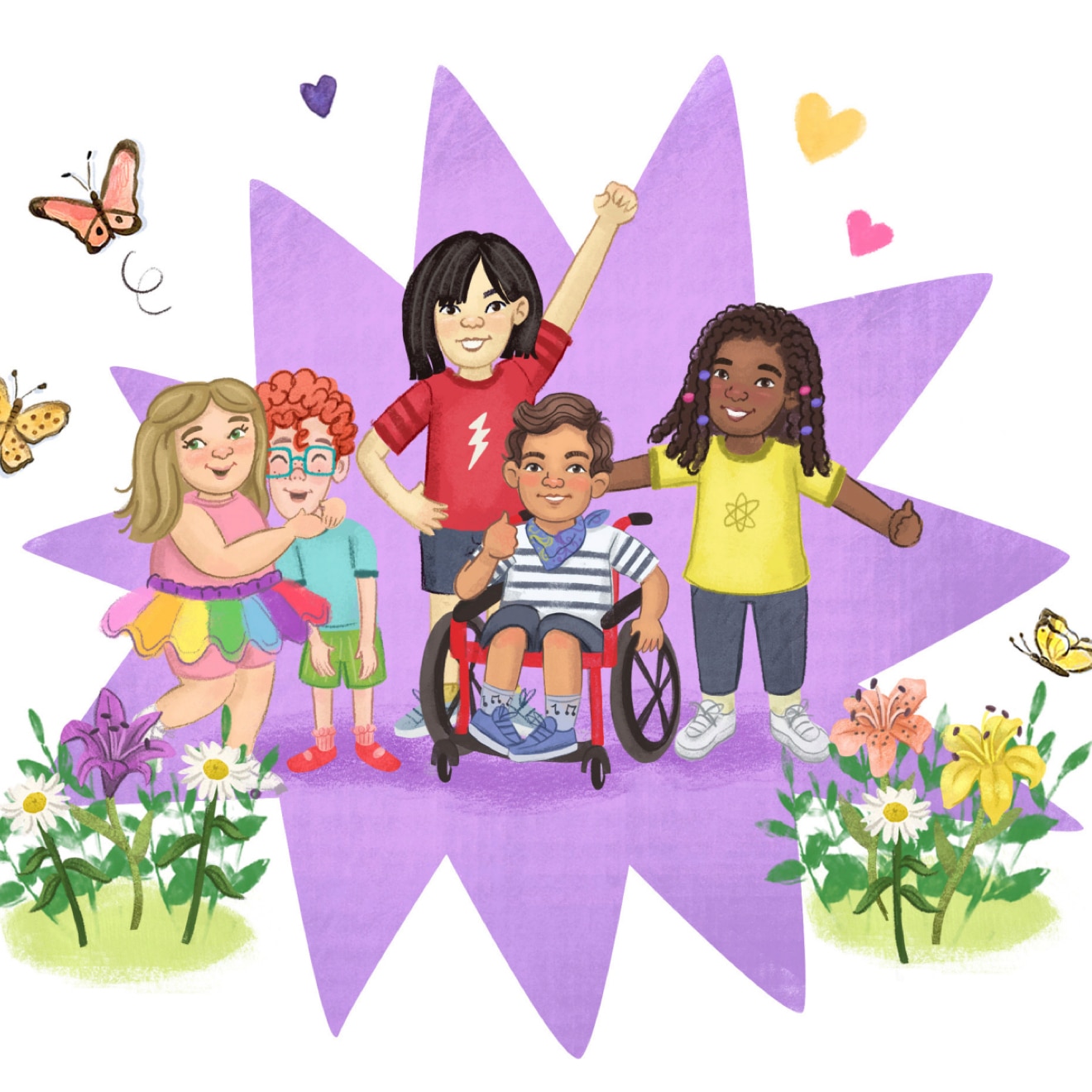It’s common to mention the differences you notice in your children, from their looks to their abilities. It might feel harmless to mention these, but it’s important to try to consciously avoid sibling comparison – both in positive and negative terms – as children can be incredibly sensitive to this. Something that seems neutral or even complimentary to you can feel hurtful to them. It can dent their confidence and potentially lead to sibling rivalry, both of which can have lasting effects.
We’re not saying that any little bit of brother-to-sister comparison will lead to deep unhappiness. Parents have enough to worry about without feeling pressure to be perfect all the time. But it’s important to be aware of the potential impact of the messages children take in.
Research has found that when children are teased about their appearance by family members they can end up feeling dissatisfied with their bodies, compare themselves negatively with others, have self-esteem issues, and are more at risk of depression and disordered eating. Meanwhile a 2021 study found that young adults who had experienced high levels of sibling rivalry as kids had a lower sense of competence, self-esteem, and life satisfaction, and they tended to internalize problems.
Support their learning
As a parent, you see how different children can be from each other. It’s natural that you might mention this, but sibling comparison can impact kids academically. Parents of nearly 400 teens tended to believe that their first-born was smarter, even though their kids’ achievements were quite similar. This was due to the fact that the older sibling was always studying more complicated things than the younger one, as they were in a higher grade at school. This skewed parents’ understanding and they unfairly saw the younger sibling as less smart, which meant the younger sibling tended to do worse academically.
Celebrate uniqueness
Other research involving around 20,000 people found that firstborns were more likely to agree with statements such as "I am quick to understand things" than their younger siblings. While it may seem to you that one child is more gifted at school, each child has a totally individual set of skills. Also remember, you probably noticed every tiny achievement of your firstborn, but as a family grows, your attention is split. That doesn’t make you a bad parent, but it’s something to be aware of when you subconsciously make sibling comparisons.
Build bonds between them
It goes beyond their school grades, too, because children spend more of their free time with siblings than with anyone else, and therefore having a warm and supportive brother or sister has a massive impact on lifetime happiness. Little squabbles are normal and help children to navigate conflict, but too much sibling rivalry is associated with depression, low self-worth, and participation in risky behaviors.
Get close as a family
To ensure you don’t fall into the sibling comparison trap, make a concerted effort not to do or say things that may appear to favor one child. Explain if one child gets different treatment – you’re letting the big brother stay up later because they’re older or they’re allowed to ride the rollercoaster because they’re taller. Make sure each child gets one-on-on-one time with their parents too, and try not to encourage siblings to compete. Do lots of things together as a family and let kids take turns to pick activities so everyone feels valued. If one child excels be careful not to shower praise on them and miss the efforts made by the other. And when they are kind to each other, praise that behavior too.
Don’t let family jokes become hurtful
Also be alert to comments from family members that could dent your child’s confidence. If your child is upset by something that’s been said, gently explain to a grandparent, aunt or uncle why that comment crossed the line. Help your child to speak out if they feel hurt. If at family occasions you notice conversation drifting into comparisons, steer it in a different direction.
Then, check in with your child to explain why you changed the subject. Tell them that they are valuable and worthy just as they are, and if they ever want to talk, to come to you. If it keeps coming up – take that person to one side and explain why you would rather not compare your kids, or focus on appearance simply because you don’t want to place too much importance on it. These simple ideas can make a huge difference to your family.








